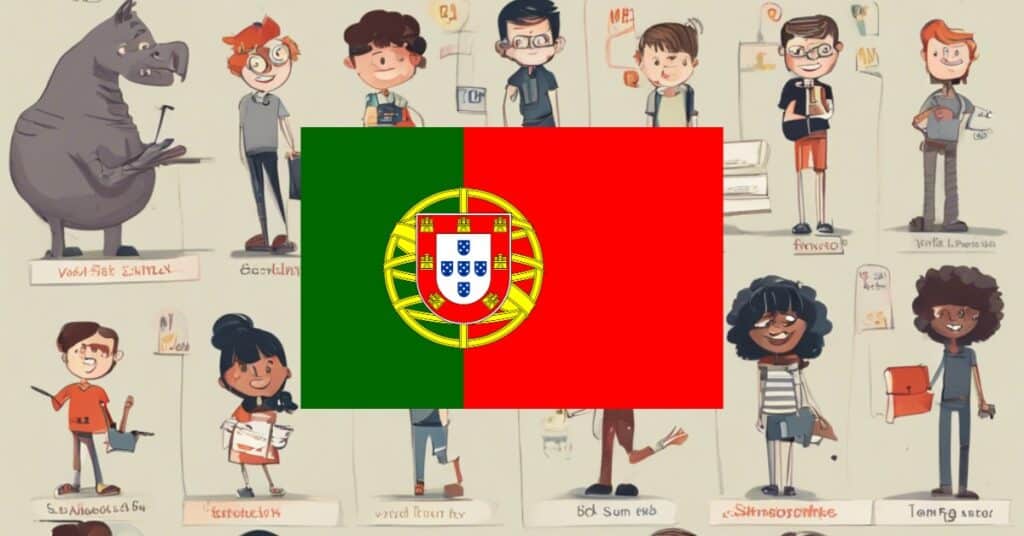Learning common adjectives in Portuguese vocabulary is essential for anyone wanting to communicate effectively. Adjectives are words that describe nouns, making your sentences more descriptive and interesting. By expanding your knowledge of adjectives, you can express yourself more clearly and vividly. This skill will help you in everyday conversations, writing, and reading in Portuguese. Understanding common adjectives will also improve your overall language comprehension and fluency. Whether you are a beginner or more advanced learner, mastering common adjectives is a key step towards becoming proficient in Portuguese. Start learning today and enhance your language skills!
Games
Study Resources
Vocabulary
| English | Portuguese |
|---|---|
| bad | ruim |
| big | grande |
| different | diferente |
| early | cedo |
| few | poucos |
| first | primeiro |
| good | bom |
| great | ótimo |
| high | alto |
| important | importante |
| large | grande |
| last | último |
| little | pequeno |
| long | longo |
| new | novo |
| next | próximo |
| old | velho |
| other | outro |
| same | mesmo |
| small | pequeno |
| young | jovem |
Quick Facts
- Adjectives in Portuguese come after the noun they describe.
- Adjectives in Portuguese have both masculine and feminine forms.
- Adjectives in Portuguese also change depending on whether the noun is singular or plural.
- Common adjectives in Portuguese include bonito (beautiful), grande (big), pequeno (small), novo (new), and velho (old).
- Adjectives in Portuguese are often used to describe people, places, or things.









